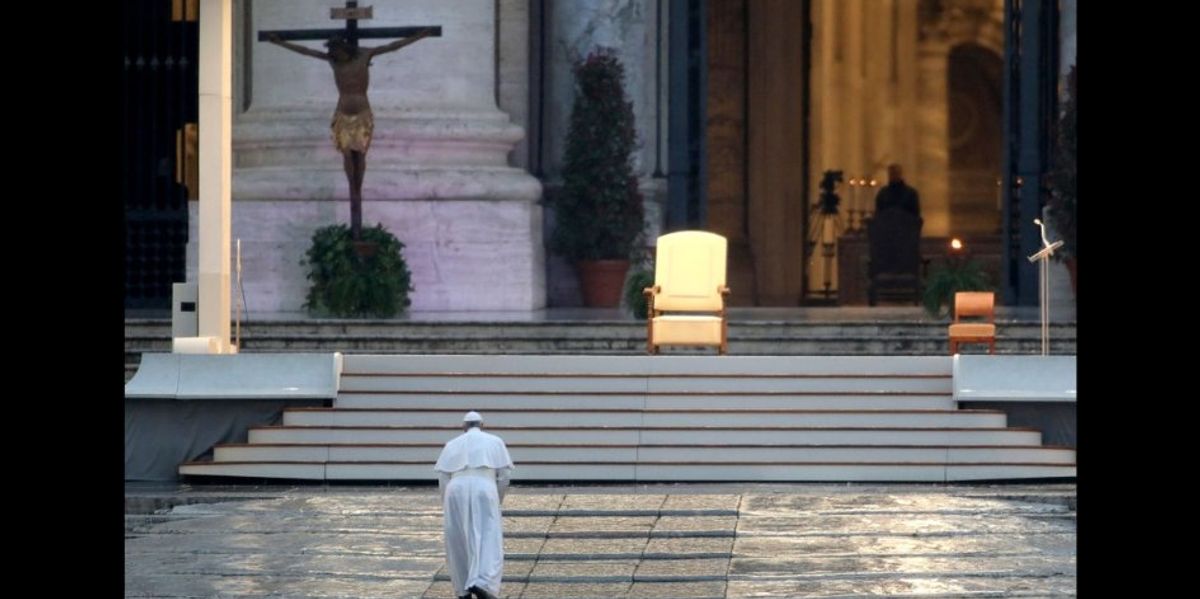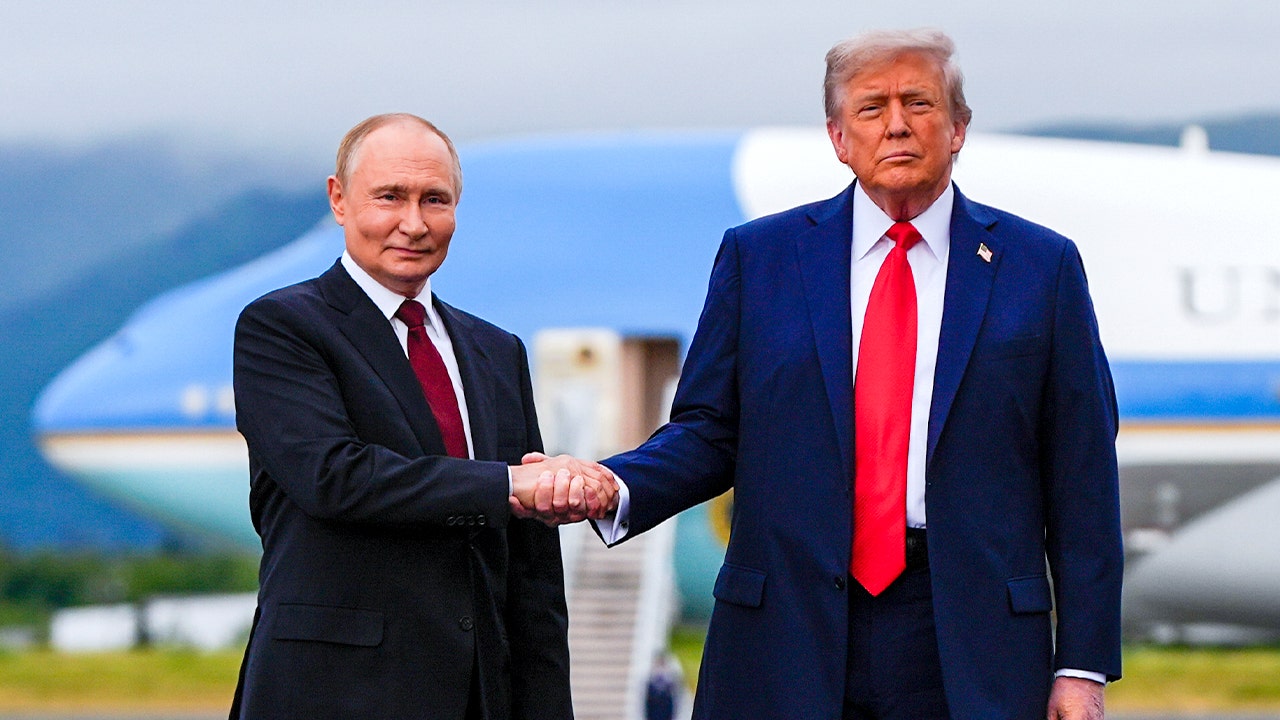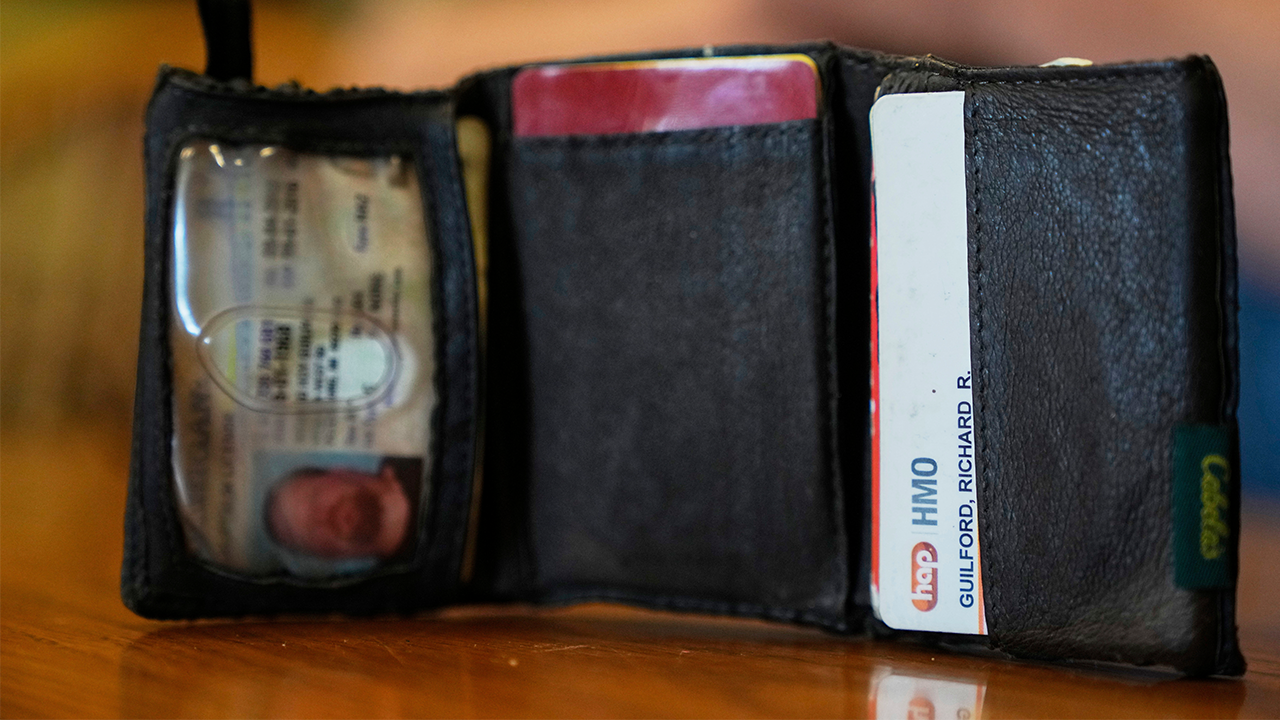On Monday, April 21, Pope Francis passed away at his residence in the Vatican.
Formerly the Cardinal Archbishop of Buenos Aires, Jorge Mario Bergoglio ascended to the papal throne on March 13, 2013. He took the name Francis after St. Francis of Assisi, the medieval founder of the Franciscan Order. Francis’s reign as supreme pontif lasted 12 years.
The Catholic Church is far older than the liberal notion of egalitarianism, just as it is far older than the modern conception of a political ‘left’ and ‘right.’
Before we move on to speculating about the next pope, I think it is appropriate to reflect on Pope Francis and the nature of his office.
A hard time for traditionalists
As an American conservative and a traditionalist Catholic, I asked myself how I felt inclined to reflect on the legacy of a pope regarded by many in my circles to have been a staunch liberal.
Pope Francis’ reign — particularly the last four years — was a hard time for my community. I grew up attending the Traditional Latin Mass. My love for the traditional Mass and Sacraments was a deciding factor in my decision to abandon my career plans and spend a year in seminary discerning the priesthood.
When Francis imposed severe restrictions on the celebration of the Latin Mass, I was, like many others, deeply hurt. Many of my friends and fellow community members felt that the Holy Father had joined the outside world in persecuting faithful Catholics who were drawn to the ancient liturgies of our ancestors.
Unquestioned loyalty
I agreed with them. I felt (and still feel) that the Vatican chose mistakenly and unfairly to persecute some of the most faithful, devoted communities in the Church. I also agreed with them that these persecutions — no matter how severe they might become — would never cause us to question our obedience and loyalty to the pope responsible for them.
Similarly, my disagreements with Pope Francis on political issues such as mass migration, capital punishment, incarceration, policies surrounding COVID-19, and his openness to globalism (to say nothing of the more Catholic insider issues such as fiducia supplicans and fratelli tutti) never caused me to question my obedience to him.
I loved Pope Francis as a son loves his father, and I never questioned my fidelity and loyalty to him as pope. The reasons for this loyalty are very simple: I am a Catholic, and he was the pope. No other reason is needed.
Beyond left and right
For a Catholic, his relationship to the pope and to the Church is in no way contingent upon the modern concepts of left and right, liberal and conservative. It is far more integral to his person than such labels can possibly be.
It does not surprise me that this sort of relationship seems odd to many people. In this country, we tend to have an egalitarian view of leadership. We believe (rightly, in the case of the United State government) that our leaders represent us; they work for us. If they act badly or make a mistake, they ought to be criticized or ridiculed in the same way anyone else would be.
The Catholic Church is far older than the liberal notion of egalitarianism, just as it is far older than the modern conception of a political “left” and “right.”
Christ’s man on Earth
Our populist view of government simply does not apply to the papacy. The pope does not represent us; he represents Christ. He does not work for us; he works for God. To allow our loyalty to a pope to be determined by the alignment of his political views with our own is to treat God as our elected representative.
The office of the pope as Vicar of Christ does not mean, of course, that Catholics cannot voice concerns or offer respectful critiques of a pope. For a Catholic, such concerns or criticisms must always be respectful and coming from a place of charity toward the person of the pope and concern for the well-being of the Church. The pope’s role means that he must be obeyed and respected, but it does not mean that he does not make mistakes. He is human, after all.
‘Knavish imbecility’
The Church has never claimed that its servants are faultless. Many leaders — and even popes — in the history of the Church have made mistakes and behaved badly. To point out such behavior is entirely appropriate, but to claim that a bad pope disproves the claims of the Church is akin to claiming the U.S. Constitution cannot be a workable system of government because Woodrow Wilson was a terrible president.
Hilaire Belloc summed up the matter well when he wrote, “The Catholic Church is an institution I am bound to hold divine, but for unbelievers, a proof of its divinity might be found in the fact that no merely human institution conducted with such knavish imbecility would have lasted a fortnight.”
For Catholics, our relationship to our Holy Father goes far beyond the policies we may or may not agree on, just as our Church goes far beyond our political alignment with those in the pews around us.
To a Catholic, our Church is the one true Christian religion. Our membership in it is just as much a part of us as our arms and legs. Such is our loyalty to the Holy Father.
Whatever we may think of him, however he may treat us, we know that Christ, who founded our Church, remains with us, “Even to the consummation of the world.” Taking the advice of St. Padre Pio, American Catholic conservatives such as myself will pray, we will hope, and we will not worry.
Read the full article here







![Guatemalan National Set Free After Sending 12 Kids to the Hospital with THC Gummies [WATCH] Guatemalan National Set Free After Sending 12 Kids to the Hospital with THC Gummies [WATCH]](https://www.rvmnews.com/wp-content/uploads/2025/08/2025.08.16-12.48-rvmnews-68a07e36d7787.jpg)

![Bondi Strengthens Crime Crackdown After DC Officials Defy Trump Orders [WATCH] Bondi Strengthens Crime Crackdown After DC Officials Defy Trump Orders [WATCH]](https://www.lifezette.com/wp-content/uploads/2025/08/2025.08.16-06.04-lifezette-68a0c811903b9.jpg)

![Fox News Reporter Gets ‘Steamrolled’ Over Her Trump-Putin Meeting Comments [WATCH] Fox News Reporter Gets ‘Steamrolled’ Over Her Trump-Putin Meeting Comments [WATCH]](https://www.lifezette.com/wp-content/uploads/2025/08/2025.08.16-05.09-lifezette-68a0bb3f01a62.jpg)
